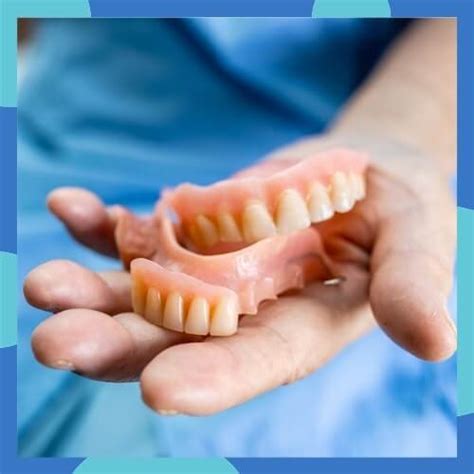Dentures Feeling Loose? You're Not Alone!
Millions experience the frustration of ill-fitting dentures. That unsettling feeling of looseness can impact your confidence, eating habits, and overall quality of life. But don't despair! Understanding the causes and exploring solutions can restore comfort and a confident smile. This comprehensive guide will address common concerns and provide practical advice to help you regain control of your denture experience.
Why Do My Dentures Feel Loose?
Several factors contribute to loose dentures. Identifying the underlying cause is crucial for effective treatment.
-
Bone Resorption: This is a natural process where your jawbone gradually shrinks after tooth loss. As the bone diminishes, your dentures lose their foundation, leading to a loose fit. This is a primary reason for denture instability over time.
-
Gum Tissue Changes: Similar to bone resorption, gum tissue can shrink or change shape, affecting denture stability. Inflammation, irritation, or disease can exacerbate this issue.
-
Denture Wear and Tear: Over time, dentures wear down, and the acrylic can become thinner, impacting the fit. Improper cleaning or harsh chemicals can accelerate this process.
-
Poor Oral Hygiene: Inadequate oral hygiene can lead to gum disease and inflammation, creating a less stable base for your dentures.
-
Improper Fit from the Start: Sometimes, the initial fit of the dentures might not be optimal, leading to looseness even early on.
-
Changes in Weight: Significant weight loss or gain can alter facial structures, affecting the fit of your dentures.
How Can I Tighten My Loose Dentures?
Several options exist to address loose dentures, depending on the cause and severity:
-
Reline: A relining procedure involves adding new material to the denture's base to restore the fit against your gums and jawbone. This is a relatively quick and affordable solution for minor adjustments.
-
Rebasing: Rebasing is a more extensive procedure where the entire base of the denture is replaced. This is necessary when significant bone loss or gum tissue changes have occurred.
-
New Dentures: If the dentures are significantly worn or the bone loss is substantial, new dentures might be the most appropriate solution to restore proper fit and function.
-
Denture Adhesive: While not a permanent solution, denture adhesive can provide temporary relief and added stability. Use it as directed and be aware of potential side effects.
What are the Signs I Need New Dentures?
Several signs indicate it’s time for new dentures:
- Persistent Looseness: Despite relines or adhesives, your dentures remain consistently loose.
- Difficulty Eating: You struggle to eat comfortably due to the loose fit.
- Soreness or Irritation: Continuous discomfort or sores under your dentures despite proper cleaning.
- Changes in Bite: You notice a change in how your teeth meet when you bite down.
- Visible Gaps: Noticeable spaces between your dentures and gums.
How Often Should I See My Dentist About My Dentures?
Regular checkups with your dentist are crucial for maintaining denture health and addressing any issues early. Ideally, you should schedule appointments at least once a year, or more frequently if you experience problems.
Can I Fix Loose Dentures Myself?
While denture adhesives can provide temporary solutions, attempting to repair or adjust your dentures independently is strongly discouraged. Improper adjustments can damage the dentures and even harm your mouth. Always consult a qualified dentist for any repairs or adjustments.
What are the Long-Term Effects of Loose Dentures?
Ignoring loose dentures can lead to several negative consequences:
- Increased risk of infections: Loose dentures can create spaces that harbor bacteria, increasing the risk of gum disease and other oral infections.
- Difficulty eating and speaking: The inability to chew properly can lead to nutritional deficiencies and affect speech clarity.
- Jawbone deterioration: Continued instability can accelerate bone resorption, leading to further jawbone loss and potentially impacting facial structure.
- Reduced quality of life: Discomfort and insecurity associated with loose dentures can significantly impact your overall well-being.
This article aims to provide general information. It's crucial to consult with your dentist for personalized advice and treatment options based on your individual needs and circumstances. Don't let loose dentures compromise your smile and confidence – seek professional help today!

